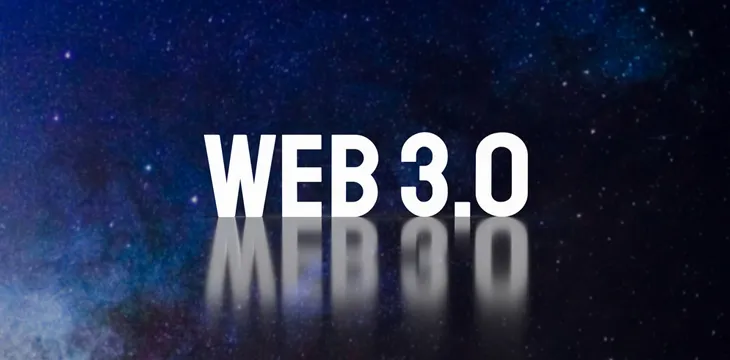|
Getting your Trinity Audio player ready...
|
Jayesh Ranjan, Principal Secretary for IT at Telangana, has announced an association with the Reserve Bank of India (RBI) on the Web 3.0 Regulatory Sandbox at the Game Developers Conference.
“Telangana’s Principal Secretary IT at India Game Developer Conference with great pleasure announced the partnership with the Reserve Bank of India (RBI) on Web3 Regulatory Sandbox,” Emerging Technologies Government of Telangana tweeted.
Telangana's Principal Secretary IT at India Game Developer Conference with great pleasure announced the partnership with the Reserve Bank of India (RBI) on Web3 Regulatory Sandbox. #regulation #policymaking #web3 #sandbox pic.twitter.com/KF44J81hnk
— Emerging Technologies Govt. of Telangana (@EmergingTechTS) November 5, 2022
The sandbox aims to help Web 3.0 startups innovate with blockchain, the metaverse, non-fungible tokens (NFTs), and other similar technologies, as announced in August at an India Blockchain Forum (IBF) launch event. The Web 3.0 Regulatory Sandbox is described as a first for any Indian state.
The India Blockchain Forum has more than 40 key influencers and is setting up special interest groups (SIGs) in the metaverse, policy framework, and others for effective blockchain adoption. The forum members are experts in policy drafting, NFTs, the metaverse, and cybersecurity and lead the enterprise adoption of blockchain and Web3.0.
Ranjan said that the sandbox would help create meaningful dialogue amongst all the stakeholders, including regulators, startups, and policymakers, to arrive at a nuanced approach to evolving an effective web3 framework.
“We saw during a recent interaction with a VC that Indian startups are going away from India to Dubai and other places where the regulation is clear about such issues. We are engaged with policymakers and other regulators and are here to work with Indian Web 3.0 startups for promoting innovation,” Ranjan said.
Shortlisted startups enrolled in the sandbox will be provided with knowledge about regulatory laws so that the products they are building do not jump an existing regulation, he added.
The state of Telangana has established a dedicated government wing for these emerging technologies, with the objectives of driving the adoption in the government department and building a robust ecosystem in the state.
In 2019, the state launched Telangana’s Blockchain Framework. Moreover, it signed strategic blockchain-focused partnerships with BitFury, the Indian School of Business, and GBBC (Global Blockchain Business Council).
In April, the Telangana government launched its ‘SpaceTech Framework’ to support private industry participation in the space tech sector. The framework’s vision is to establish the state as a “globally recognised one-stop destination” in the industry. The event was held on the metaverse, and it was said to be the country’s first-ever official event hosted in the virtual-reality space.
India’s approach to blockchain startups and regulation
Even as the lack of regulatory clarity has been a concern among blockchain startups in India, the country has not stopped innovations in the Web3 space.
A report from the National Association of Software and Service Companies (NASSCOM) released in October cited India’s lack of regulatory clarity as the reason behind the country’s shrinking Web3 talent pool.
The report pointed out that India has some of the strictest regulations for digital assets in the world, charging a 30% tax on the profits made by traders and mulling over a blanket ban in the past.
Despite the regulatory challenges, the report says that the country is uniquely positioned to take advantage of Web3 in the coming years as the ecosystem is advancing rapidly in India and that Indian companies are poised to build decentralized apps.
Watch: The BSV Global Blockchain Convention panel, Blockchain in Middle East & South Asia

 08-16-2025
08-16-2025 





